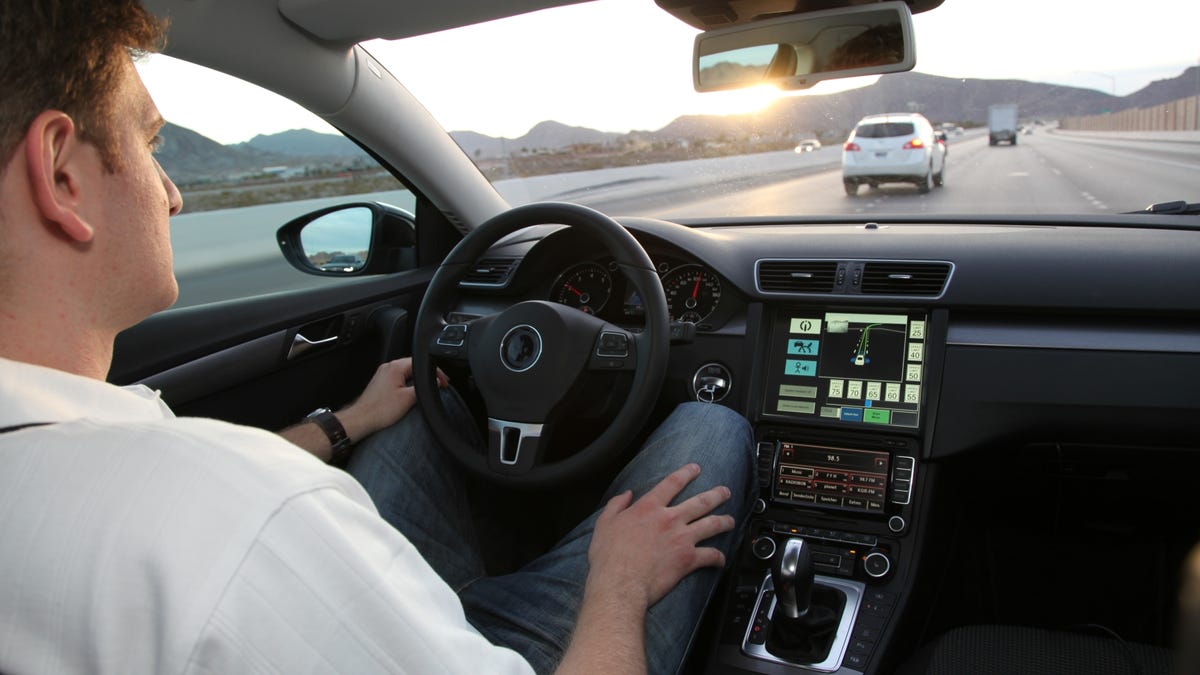Auto supplier Continental hires Googler to lead new Silicon Valley unit
The German automotive supplier plucks Seval Oz from Google's self-driving car project to lead a new division focused on intelligent transportation systems.

Silicon Valley, the unofficial headquarters of the computing industry, is becoming the unofficial branch office of the automotive industry.
Continental, a major automotive supplier based in Germany, announced Monday it's opening a division devoted to the convergence of computing and cars. And it hired Seval Oz, a vehicle networking and automation expert, from Google's self-driving car project, to lead the new Continental Intelligent Transportation Systems division. At Google, she was the leader of global business partnerships for the project.
The computing industry has for years been spreading beyond beyond traditional computers into devices such as phones and TVs. The current spread -- driven by smaller, cheaper, network-enabled processors -- is toward homes and cars. Continental believes self-driving cars will arrive by 2020 and aims to supply electronics to make it a reality. It's also got a partnership with IBM, though another one rumored with Google never materialized.
"Intelligent transportation systems open up many new business opportunities for Continental," said Helmut Matschi, president of Continental's Interior Division, in a statement. "That's why we have chosen Silicon Valley as our new location. In addition to our existing competence, the Bay Area has the technology and talent for developing connected cars and [intelligent transportation systems] that we need to build solutions for more than just prototypes."

